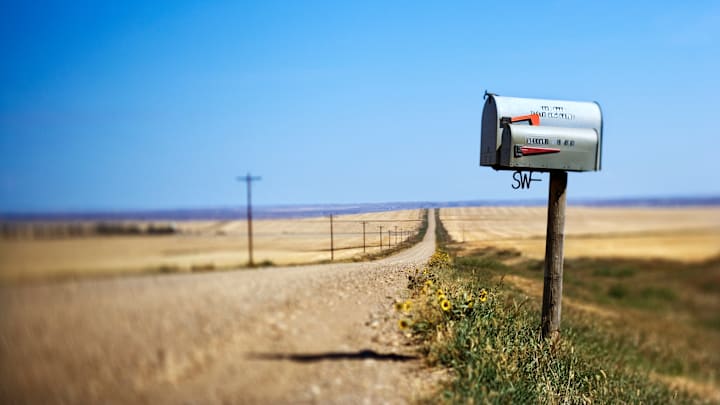It’s an expression we’ve been using since the mid-1950s—when someone talks about “the boonies,” they mean “the countryside.” But when people first spoke of “the boonies” more than seven decades ago, they meant the jungles of southeast Asia.
From the Military to the Mainstream
Originally, boonies was a military slang term coined by U.S. troops serving in the Vietnam War. Back then, the word was applied to the remote forests of the Vietnamese wildness, as opposed to the built-up streets of Saigon and the country’s other towns and cities. Only once that meaning was established in English in the postwar United States did boonies come to be used more loosely to refer to anywhere that was just as wild, remote, or out of the way—especially when compared to cities and other urban areas. Writing of the town of Garapan in Saipan (an island in the Pacific where a key World War II battle took place) in 1954, New Hampshire’s Portsmouth Herald noted that “The jungle—everyone here calls it the boonies—has taken over.”

But where did those U.S. troops pick up the word in the first place? It was a colloquial shortening of boondock, or boondocks—a word that, according to Etymology Online, was adopted into English shortly after the turn of the last century from Tagalog, one of the languages of the Philippines. In Tagalog, bundok means “mountain,” and it seems that word also came to be used more loosely in English in reference to any remote place during the American occupation of the Philippines in the early 20th century.
The use of boondocks among the U.S. military ultimately endured, and led to the word being taken across to Vietnam, where it was first clipped to boonies in the 1950s. The word was also incorporated into at least one additional term; a 1965 TIME magazine article notes that “BOONIES, short for boondocks, is an unaffectionate term for the back country where the fighting and the living are rough. BOONIES NUMBAH TEN THOU’ describes the la Drang Valley,” where the first major battle of the Vietnam War occurred.
Other Boon Words
It might be tempting to assume that boondock and boonies are related to similar words, but that’s not the case. Boon, meaning “a favor” (and later “a gift”) dates back to the 12th century and came into English from Old Norse. Oddly, that boon isn’t related to the adjective boon, meaning “jovial” (which today only really survives in the stock expression boon companion, meaning “a friend who can always be relied on for a good time”). This boon was borrowed from French, and is the none too distant English cousin of bon, the French word for “good.”
And no one is quite sure where boondoggle—which today means “A trivial, useless, or unnecessary undertaking; wasteful expenditure,” according to the Oxford English Dictionary—comes from, but it began to be used around the 1930s. The OED’s first citation, from a 1935 issue of the The New York Times, says “‘Boon doggles’ is simply a term applied back in the pioneer days to what we call gadgets today,” but another reference from that same year notes that it was “a name given to the braided leather lanyard made and worn by Boy Scouts.”
Discover More Word and Phrase Origins:
